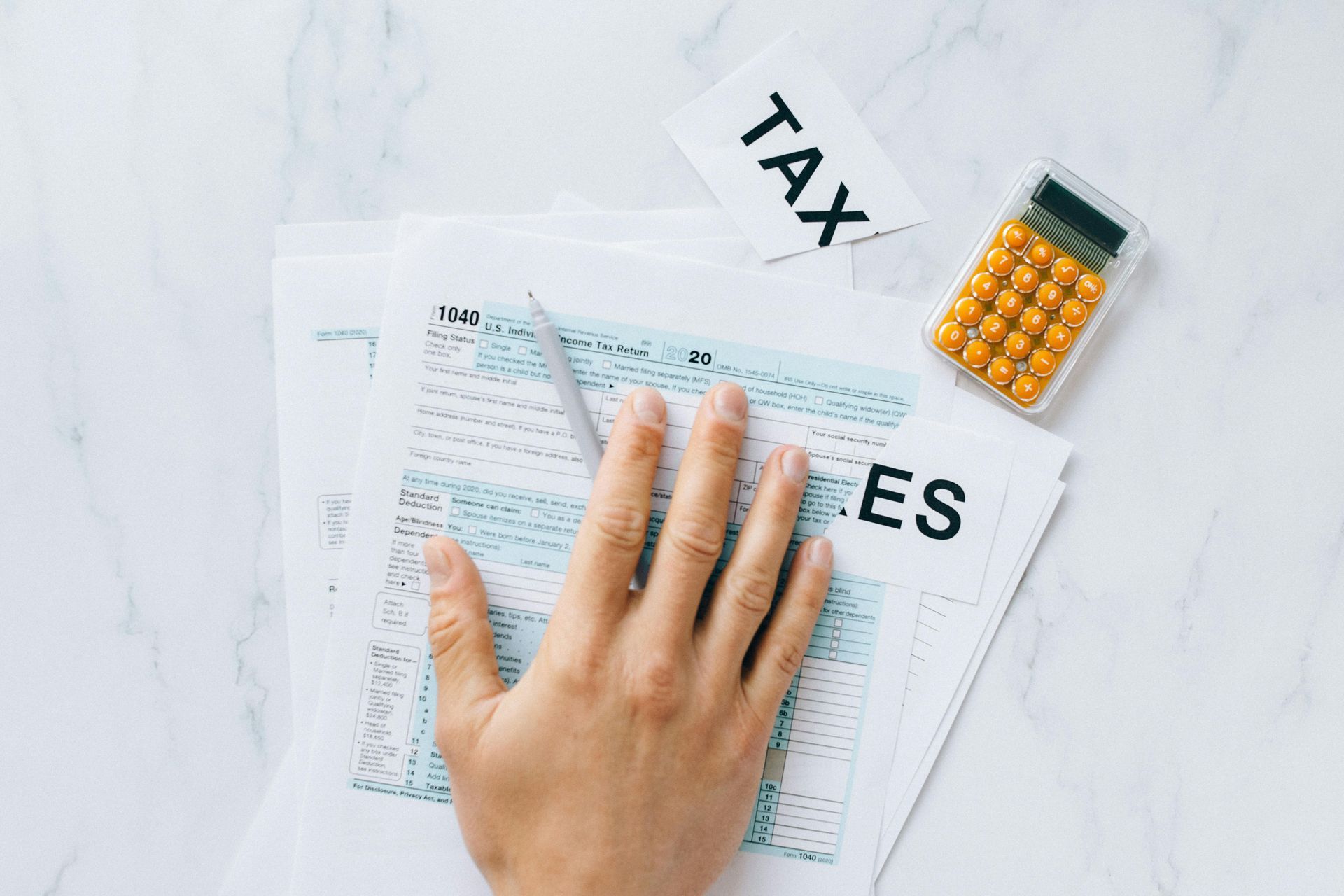Honduras J-1 No Objection Statement Process

This article will explain the J-1 NOS Process for Honduras, as well as explain the alternative waiver process is you are deemed ineligible to receive an NOS Waiver.
First, who needs a J1 Waiver?
Merely applying for the NOS Waiver from Honduras is not enough to be approved of the J1 Waiver. Similarly, merely completing the DS-3035 is not enough.
The DOS Waiver Review Division will require the J1 Visa Holder to show a clear need for the waiver, or else the DS-3035 will be denied. So, what clearly NEEDS a J1 Waiver. Well, that is what is to occur AFTER the J1 Waiver is approved. The J Visa Restricts all of the following:
- Immigration to the US (acquire Lawful Permanent Residence or Green Card) either through the I-485 Adjustment of Status process or the DS-260 Consular Process
- K-1 Fiance Visa
- H Employment Visa
- L Employment Visa
It is these restrictions that NEED a waiver, and the J1 must prove a clear path to one of the above immigration options. More information can be seen here:
https://www.fickeymartinezlaw.com/j1-waiver-ds-3035-statement-of-reason-template-and-explanation
Second, are you a J1 that even requires a Waiver?
There are unrestricted and restricted J1 Professionals. The Restricted Professionals are generally:
- J1 Teacher/Professor/Instructor
- J1 Specialist
- J1 Researcher
- J1 Physician
- J1 Intern/Trainee
- J1 Summer Camp Counselor
- J1 University Student (Undergraduate, Graduate, and Professional/Doctoral)
How can you determine if you are a restricted type of J1? Merely review the Special Skills List. A little about the 2024 update to the schedule skill list can be seen here:
https://www.fickeymartinezlaw.com/j1-special-skills-list-major-dos-update-december-9-2024
Third, are you unsure if the waiver is still needed?
A DOS Waiver Review Division Advisory Opinion can provide a DOS determination if a waiver is even required, and the basis that the waiver is required. A brief explanation can be seen here: https://www.fickeymartinezlaw.com/immigration/when-should-a-j1-j2-perform-a-dos-advisory-opinion
Please note: MOST J1 are subject due to the special skill list. Some are subject due to (1) government funding or (2) medical residency. These two subjections have very very few waiver options, and may be barred from a waiver availability.
Fourth, Brief Overview of the NOS Process:
The NOS Waiver process is broken into 2 packets and 3 phases.
PHASE 1: Initiating
Packet 1: The DOS DS-3035 Waiver Recommendation Application is an electronic filing that auto-generates the forms, statement of reason, and list of DOS required documents. This packet goes to the DOS for processing.
Packet 2: The Honduran J1 NOS Waiver Application is filed with the Honduran Embassy at: 1220 19th St. NW, Suite 320, Washington, DC, 20036. The Embassy required documents will be discussed below.
Phase 2: Processing
Packet 2 might be called packet 2 in the explanation, but it is the first that MUST BE PROCESSED. Honduras must not object, Honduras must create the No Objection Statement, and Honduras must send that statement to the DOS to merge into Packet 1.
Once Packet 1 receives the No Objection Statement, that is when the DOS begins processing the DS-3035.
Phase 3: Finalizing/Recording in the Government System
If DOS issues a Favorable Recommendation, the file is then submitted to USCIS, USCIS issues an I-612 Receipt Notice, and then USCIS issues an I-612 Approval Notice. An I-612 Approval Notice is the full completion of the J1 Waiver Process.
Fifth, what documents are required by the Honduran Embassy:
This list is fairly templated, but it does assist the Embassy in processing the request:
- Proof of payment of $30.00 via Money Order payable to the Consulate of Honduras for processing the Letter of No Objection from the Government of Honduras.
- A Signed Letter by the J1 stating:
- Name and contact information
- Statement of how the J-1 visa was obtained
- Amount of time elapsed since entering the United States under J-1 status
- Admission that, by accepting a J-1 visa, the applicant agreed to return to Honduras for a period of no less than two years.
- Explanation of the reasons for not wishing to return to Honduras. [Comparison: this is similar to the above first point regarding what "needs" the J1 Waiver]
- Original letter from the institution that sponsored the J-1 visa, stating that it has no objection to the applicant returning to Honduras.
- Either:
- Affidavit from the applicant stating that the letter requested in the previous section is signed by the sponsor of their J-1 Visa, or
- Affidavit stating that the institution does not issue this type of letter.
- The Affidavit MUST either be completed before the Honduran Consulate upon payment of $50.00 by Money Order; or Affidavit from the applicant MUST be authenticated by Notary Public and Apostilled in accordance to the Hague Convention.
- Copy of ALL "DS-2019: Certificate of Eligibility for Exchange Visitor (J-1) Status" document.
- Copy of the "DS-3035: J-1 Visa Waiver Recommendation Application" document.
- DOS Third Party Barcode Page.
- Copy of All issued Honduran passports and ALL J-1 visa(s) and J-2 visa(s).
- A duly authenticated copy of the Cooperation Agreement between the petitioner and an institution of the Government of Honduras or a Non-Governmental Organization (NGO) operating in Honduras, which must include at least the following:
- Statement of purpose.
- Document proving the legal representation of the signatory. (Certificate issued by the Directorate of Registration, Regulation, and Monitoring of Civil Associations (DIRRSAC).
- Document proving the legal status of the institution or NGO. (Certificate issued by the Directorate of Registration, Regulation, and Monitoring of Civil Associations (DIRRSAC).
- Description of the cooperation to be carried out.
- Duration of the cooperation (no less than two years).
- Exact work to be performed by the petitioner.
- Number of weekly hours the petitioner will work.
If you are interested in learning more about our law firm J1 Services, we welcome you to visit our website.
Disclaimer: This Blog is made available by the lawyer or law firm publisher for educational purposes only as well as to give you general information and a general understanding of the law, not to provide specific legal advice. By using this blog site you understand that there is no attorney-client relationship between you and the Blog/Web Site publisher. The Blog should not be used as a substitute for competent legal advice from a licensed professional attorney in your state.












